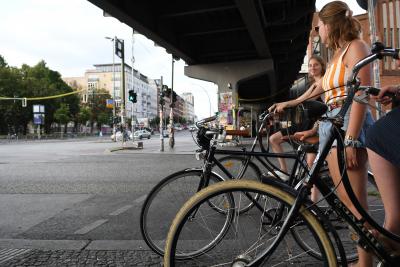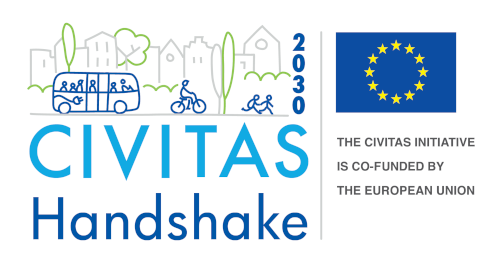'Cycling cities: cost-benefit comparisons of bicycle use versus car' is an upcoming webinar from Interreg Europe's Policy Learning Platform, as a part of its cycling cities series. The webinar series aims to support cities and regions in designing policies to foster urban cycling.
In this upcoming webinar, the debate will focus on the use of cost-benefit comparisons in policy-making, within the scope of bicycles versus cars.
Policy makers, urban planners and clean mobility managers, will have the chance to look at direct and indirect costs associated with car and bicycle use, learn about positive and negative externalities, see how certain cities have already implemented cost-benefit comparisons for cycling versus car use and discover how cost-benefit comparisons can successfully inform policy making in favour of the bicycle.
Attendees will dive into the topic via real-life examples, using cost-benefit studies from the cities of Copenhagen and Vienna. The following speakers will share facts and figures from the studies, which were useful in the development of local policy.
- Marie Kåstrup, Head of the Bicycle Program at the City of Copenhagen
- Michael Meschik, Professor at the University of Natural Resources and Life Sciences Vienna, Institute of Transport Studies
- Maria José Rojo, Coordinator for Active Travel and Health at POLIS
- Holger Haubold, Director for Intellectual Property and Data Collection at the European Cyclist Federation
Following the presentations, a roundtable discussion with the speakers will shed light on the importance of cost-benefit studies for local and regional policy making and discuss the transferability of the findings.
Register for the online event here.
23 September, 14:00-15:30
Image (Unsplash, Michal Parzuchowski)

